How does JKTG funding further your research?
JKTG funding has been instrumental to catalyze a research project that I had great interest to pursue for many years. My project, or rather the way I asked the question, did not generate interest with the traditional government-sponsored granting mechanisms.
The project that JKTG has funded explores a fundamental question in nanomedicine for cancer therapy – how are nanoparticles transported from circulation into tumors where they can be used to kill cancer cells?
This question, we have been asking for many years and the nature of the question is at the heart of all cancer nanomedicine, which now boasts over six FDA-approved products.
Our research funded by JKTG has led us to a startling new answer that has the potential to reshape the way people think about cancer nanomedicine, and possibly revolutionize our technology approach. We would never have arrived at this answer without the JKTG funding. It’s that simple.
At Johns Hopkins’ University Kimmel Cancer Center, scientist Robert Ivkov, Ph.D., is applying his expertise in atomic and molecular structure and motion of materials to cancer. Ivkov is looking at nanotechnology – the science, engineering and manufacturing of ultra-tiny structures often called nanoparticles. Nanoparticles are one million times smaller than a human cell and Ivkov’s intent by studying nanomedicine as it relates to cancer is to see if these tiny structures can cause the immune system to fight the disease. His innovative approach causes nanoparticles injected with an added antibody to bind to breast cancer cells in tumors. The next step involves a one-of-a-kind machine built to quickly heat the tumor, which damages the cancer cells causing them to release proteins, stimulating immune cells much like a local fever which then attack the cancer cells. The hope is that this process re-engages the immune system to fight the cancer cells and win.
Featured news
Ted’s Take: Errors in formulas and what it means for AI
Spinach is the best source of iron. I’ve understood this for decades now. As I ate more and more healthy foods, I’d choose spinach salads because of the “great” nutritional value, particularly iron.
Ted’s Take: An ounce of prevention
They stay an ounce of the prevention is worth a pound of cure. Isn’t it the truth.
How physicians are paid
Despite a growing need for general practitioners, the Medicare system is not helping with this shortage given the maldistribution of reimbursement between general medical providers and surgeons and other specialists.

Jayne Koskinas Ted Giovanis
Foundation for Health and Policy
PO Box 130
Highland, Maryland 20777
Media contact: 202.548.0133


